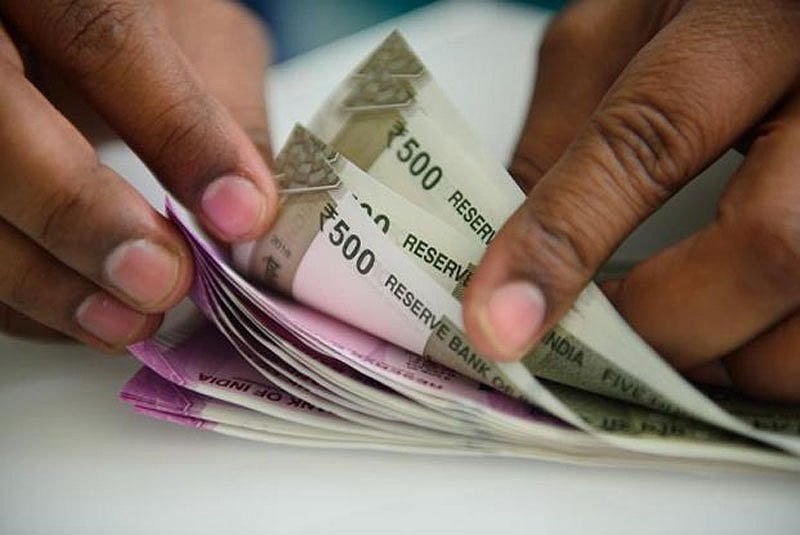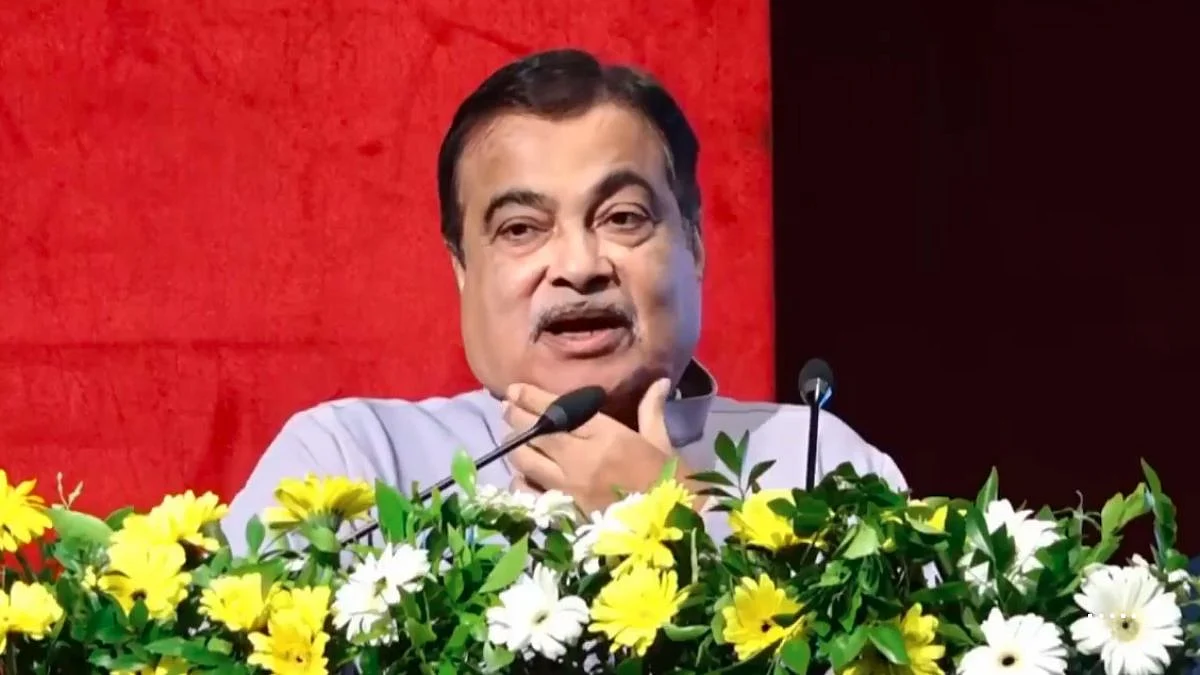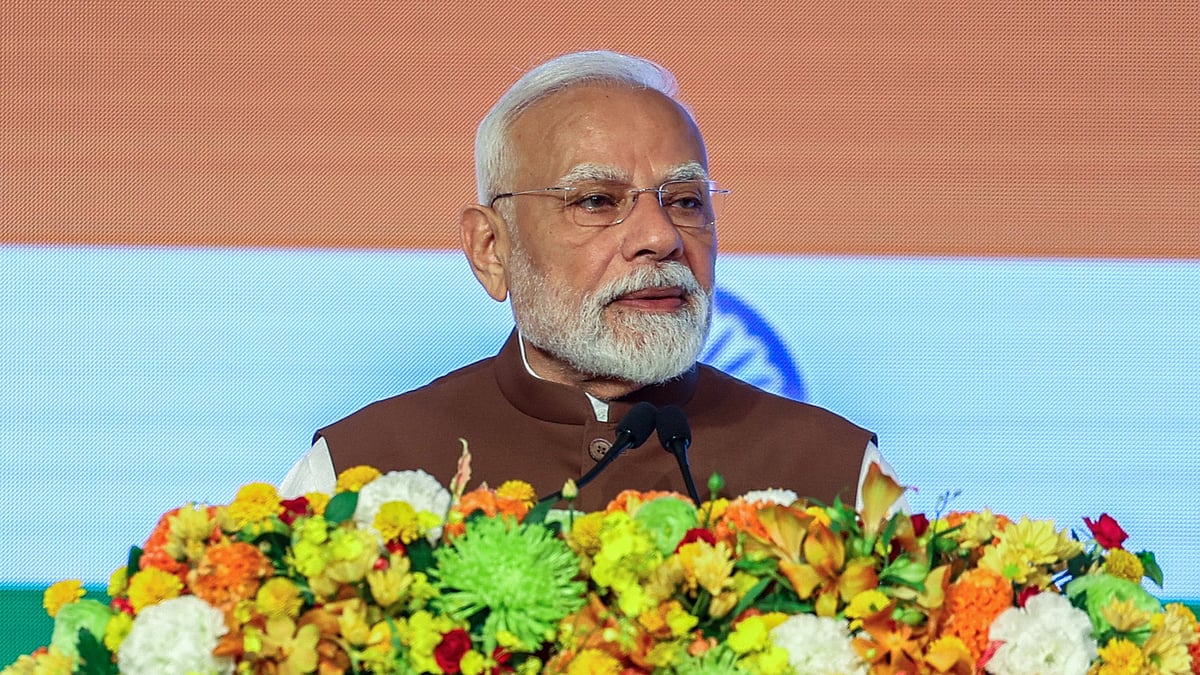Even before the banking sector could resolve the old crisis of the non-performing assets, a fresh mountain of bad debts stares it in the eye. It seems there can be no respite from the NPAs, given the state of the economy and a venal corporate culture it has fostered all along.
Let us face it. Public sector banks in the heyday of the socialist economy were exploited as milch cows by corporates in collusion with politicians. Since the economic liberalisation, such blatant abuse has reduced but still continues to hobble normative banking, though collusion with politicians more or less ended six years ago. Still, banks dread a fresh spurt in the NPAs due to the Covid-19 pandemic.
Corporate balancesheets are sputtered increasingly with red ink, greatly reducing capacity to service debt. Even when they were granted a three-month moratorium for payment of term loans, a facility extended later to August-end, most borrowers are reluctant to pay, pleading a lack of income due to the pandemic. As a result, the lending institutions face greater financial stress. In this context, judicial intervention in the matter, especially in deciding whether the interest for the moratorium period should be paid or written off, was, to use a polite word, excessive.
This is purely a commercial matter. Forcing lenders to waive the interest shortchanges millions of small depositors who, for want of a better and secure alternative, have their meagre savings in bank deposits. Besides, the small- and middle-class savers, as also lending institutions are equally impacted by Covid-19. Those best placed to decide the issue are the borrowers and lenders. No one-solution-fits-all formula can be prescribed in this matter, each case will have to be weighed on its own merit.
At a broader level, the recommendations of the K V Kamath committee set up by the RBI to recommend ways to handle the pandemic-induced financial stress will prove helpful in handling the crisis. It has suggested a framework for dealing with loans in 26 different sectors. To begin with, it has a sensible suggestion, to consider those companies which were doing badly even before the pandemic on a different footing than those which became stressed after the coronoavirus lockdown. Better-run firms under stress due to the pandemic deserve a helping hand. According to one estimate, loans over Rs 22 lakh crore were already under stress before March, while loans over Rs 15 lakh crore were impacted by the pandemic.
The Kamath Committee noted that about 72 per cent of banking sector debt it analysed was hit by the pandemic. Understandably, some sectors are impacted more than others. Though case-by-case settlement will be necessary, a general framework of guidelines and norms has been proposed. A large number of firms will not merit special consideration and might have to face closure and even face proceedings under the bankruptcy laws. This will be better than the lenders throwing more good money to try and recover their loans.
Meanwhile, while the RBI acts on the Kamath Committee recommendations, it is notable that the pandemic is far from over. In fact, the number of cases is rising daily. The resulting uncertainty makes it harder for a full restart of the economy. Therefore, the pandemic-related reliefs to industries and businesses may have to continue much longer than contemplated at this stage. It is notable that Kamath himself was candid to state that it would take at least two years for the economy to register normal growth.
Following a drop of 23.9 per cent in the first quarter, the prognosis for the remainder of 2020-21 is not any better. Goldman Sachs has forecast a 14.8 per cent contraction this year, while Fitch Ratings expects 11.8 per cent drop. Of all the major economies, only China, where the global pandemic originated, is predicted to grow at a five-plus per cent this year. All other economies will face sizable shrinkage.
If it is any consolation, the South African economy contracted by over 50 per cent in the first half of this year. And Japan recorded over 30 per cent deceleration in the first quarter. Overall, the World Bank estimates that the global economy will shrink by 5.2 per cent this year. In short, Indians should be prepared to tighten their belts even further. Things are bound to get worse on the economic front before they can begin to get any better.










